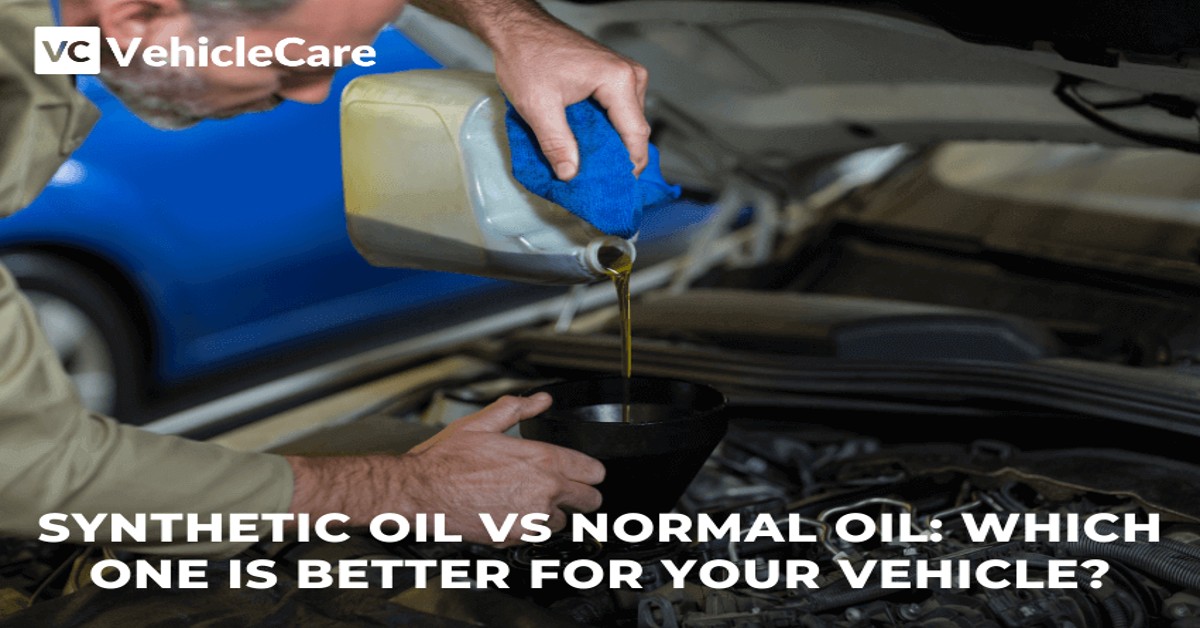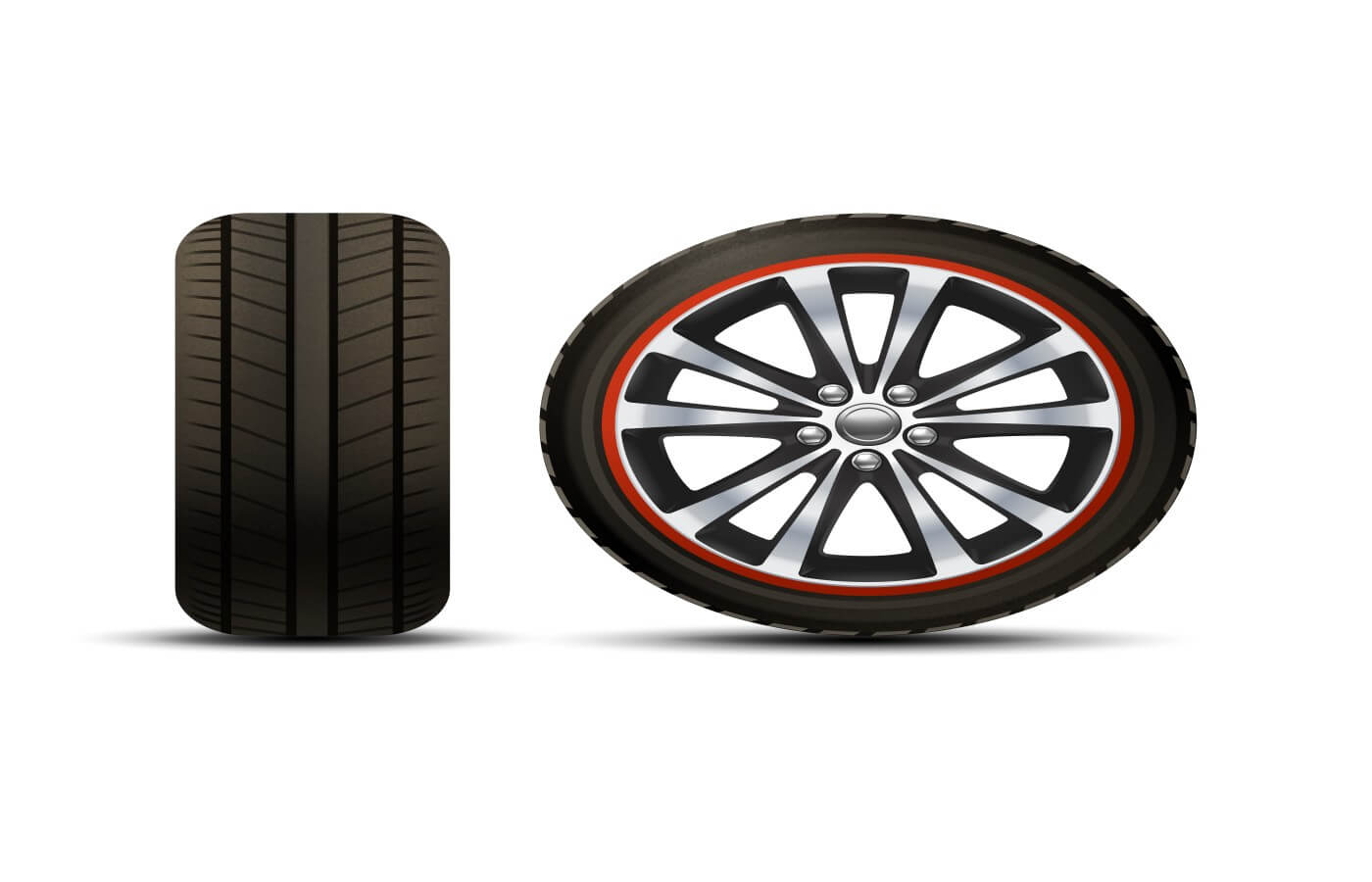Customers are very cautious about investing their money in a price-sensitive economy like India. This is especially true when an identical product or service is available at a lower cost.
Consider whether you should use synthetic oil in your car, which is nearly two to three times more expensive than normal oil.
Engine oil is one of the most important fluids in a car, the engine cannot function without it. That is why changing the oil in your car’s engine is so important.
Car engine oil serves to lubricate the moving elements of the engine, prevent wear and tear, and keep the internals clean. Engine oil is divided into two categories: synthetic and conventional.
Table of Contents
What is synthetic oil?
Synthetic vehicle engine oil is a form of lubricant manufactured from synthetic chemical components. By breaking and recreating petroleum molecules,
chemical compounds are created. Because the molecules are nearly identical in size and structure, there is less friction. They are also divided into two categories: totally synthetic oil and synthetic blend oil.
The purest form of synthetic engine oil is fully synthetic. It is made from a synthetic base stock and is molecule by molecule designed without the usage of petroleum.
It also contains chemicals that aid in the breakdown of oil. Synthetic blend oil, on the other hand, is a mix of regular oil and synthetic base stock. The synthetic base stock improves the performance and protection of conventional oil slightly. As a result, synthetic mix oil is better.
Benefits of synthetic oil
Synthetic oils provide better protection than conventional oils since their base oil is of higher grade. The following are the main advantages of synthetic oil over conventional oils:
Superior engine wear protection
When you run your car, the various engine parts are constantly in contact with one another, and the engine oil is the only protective device between them
. Conventional lubricants have a limited capacity to preserve the engine, and their molecules tend to break down over time.
When the engine is subjected to harsh conditions, this decomposition occurs even faster, diminishing the protective ability of traditional oils.
Synthetic oils, on the other hand, are composed of a higher-quality base oil that allows them to stay longer without decomposing. This ensures that the engine is protected for a longer amount of time, even when driving in difficult conditions.
Better flow at lower temperatures
The engine oil settles down in extremely cold weather or when your car sits idle for a long time. However, once you start the automobile, the oil should quickly circulate to give constant engine protection.
Synthetic oils are designed in such a way that they allow for rapid circulation even after a long gap from driving.
Unfortunately, traditional oils are less nimble and take their time to circulate and protect engines. This means that synthetic lubricants provide better protection for the engine over time than conventional oils.
Sludge prevention
You may have heard the phrase sludge from your car mechanic. It refers to a thick mixture of liquid and solid contaminants.
As the oil circulates in the engine, it picks up impurities, resulting in the formation of sludge over time. Sludge is extremely detrimental to your engine, reducing performance while increasing emissions.
Furthermore, it will shorten the lifespan of your vehicle. The majority of conventional oils eventually create sludge,
whereas synthetic oils do not form sludge since their base-grade oil has fewer contaminants. In fact, utilizing synthetic oil will clean the previously produced muck, allowing a new leaf to emerge.
Better protection in hot days
When exposed to extremely high temperatures and operating conditions, conventional oil evaporates. Because these oils are made from low-grade mineral oil, the molecules split, break apart, and evaporate, exposing the engine to damage.
Synthetic oils, on the other hand, ensure that molecular bonds remain unbroken at high temperatures, resulting in improved engine protection even in intense heat.
Turbocharger protection
As environmental concerns grow, automakers are now designing automobiles with smaller engines that produce more power thanks to turbocharging technology.
By introducing more fuel-air mixture into the combustion chamber, a turbocharger aids performance. A turbocharged engine runs at a higher temperature than a standard engine, necessitating additional engine protection.
What is normal oil?
A lubricant composed of crude oil is known as conventional or regular engine oil. The crude oil is refined until it may be used as a lubricant.
Because this is a natural process, there will be variations in the size and structure of the molecules. Friction was increased and oil breakdown was accelerated due to the changing molecule size and structure. That is why synthetic oils last longer than conventional oils.
Synthetic Oil Vs Conventional Oil
Synthetic oil and conventional oil are comparable in that they are both oils and thus serve the same goal of lubricating the engine, decreasing friction, and cutting pollutants.
Both oils are produced by refining crude oil; however, the degree of refinement differs significantly. Although conventional oil (also known as mineral oil) is adequate for lubricating the engine,
it cannot compare to the overall performance and protection provided by synthetic oils.
This is because synthetic oils are partially man-made, with artificial compounds added during the manufacturing process to improve protection and performance. Some synthetic oils are now so advanced in their synthesis that even their size has become a factor.
There is no doubt that synthetic oils are expensive, with a significant price differential between them and regular oil prices.
Synthetic oils, on the other hand, provide significantly superior protection to your engine, not only improving performance but also extending the life of your vehicle.
So, in an ideal circumstance where money isn’t an issue, you should choose synthetic oil over normal oil.
Can you mix synthetic oil and conventional oil?
If you don’t have an option, combining synthetic and conventional oil can save the day. However, this should just be a temporary fix until you can go to an oil change shop.
Choose a professionally prepared synthetic blend if you want to strike a compromise between the affordability of traditional oil and the benefits of synthetic oil.
Motor oils are normally compatible when blended because they are created from the same materials, base oil, and additives.
The majority of the variances are due to the oil refining process. Conventional oil, while cheaper than synthetic, is less refined and can lead to greater engine sludge and junk build-up down the road.
Synthetic oil, on the other hand, is slightly more expensive but contains fewer pollutants, allowing your engine to stay cleaner and lubricated for longer.
Because it is not derived from crude oil, Pennzoil synthetic oil is much purer. It is the first natural gas-based motor oil.
It’s important to remember that combining synthetic and traditional oil dilutes the benefits of higher-quality synthetic oil. This not only devalues your synthetic oil investment, but it may also force you to change your oil sooner than intended.
Also keep in mind that, while all motor oils include the same basic constituents, they differ in terms of additives,
chemical qualities, and detergents. Mixing different types might cause your motor oil to become unstable, lowering its efficiency and harming the performance of your engine.
Synthetic Oil Price
Oil changes with conventional motor oil often cost $25 to $50 every service. An oil change with synthetic oil might cost anywhere between $45 and $70.
Prices can vary significantly depending on the product. Synthetic oil does not need to be changed as frequently as traditional oil, which saves money.
Synthetic oil protects your car more effectively, may even extend the life of your engine, and costs the typical driver only $65 extra per year. If you can afford it, you should use synthetic oil, and if your vehicle requires it, you must use it.
According to a 2017 study, synthetic oil provides significantly better engine protection than conventional oil, with synthetic oil outperforming conventional oil by an average of 47 percent in various engine oil tests.
According to the research, a regular oil change costs roughly $38, while a synthetic oil change costs over $70. That’s around $5 extra each month for the average driver who follows the suggested oil change schedule.
Can I use synthetic oil in my car?
Synthetic oil can be used in any vehicle. Some manufacturers encourage it, however even if your car’s manufacturer does not, making the transition will help your vehicle.
Despite the many advantages of synthetic oil, some mechanics may advise you against using it in your car.
Esters, which are organic molecules combined with alcohol, are found in many synthetic oils. This combination is very harsh on engine seals, causing them to wear down and leak or burn oil.
Although current cars can easily tolerate esters, older vehicles may have seals, gaskets, and plugs that aren’t as tight as newer vehicles.
Sludge buildup from the use of conventional oil could be helping these seals. Synthetic oil’s capacity to wipe out this sludge is often regarded as a good thing, but it may also remove deposits that act as seals.
Is synthetic oil worth it?
The increased heat range of synthetic oils is one of the most essential features that definitely makes it worth it.
In many modern cars, starting engines on mineral or semi-synthetic oils at temperatures below -20°C or even -10°C would be problematic. This is because mineral oil (such as 15W40) is not as liquid as synthetic oil (such as 0W50) at these temperatures.
Mineral oil, on the other hand, is too ‘liquid’ at extremely high temperatures and does not adequately coat engine parts, resulting in engine wear.
As a result, synthetic oil is preferable in both winter and summer. It’s also pointless to switch to minerals in the interim because transitioning from one to the other is a time-consuming and costly operation.











